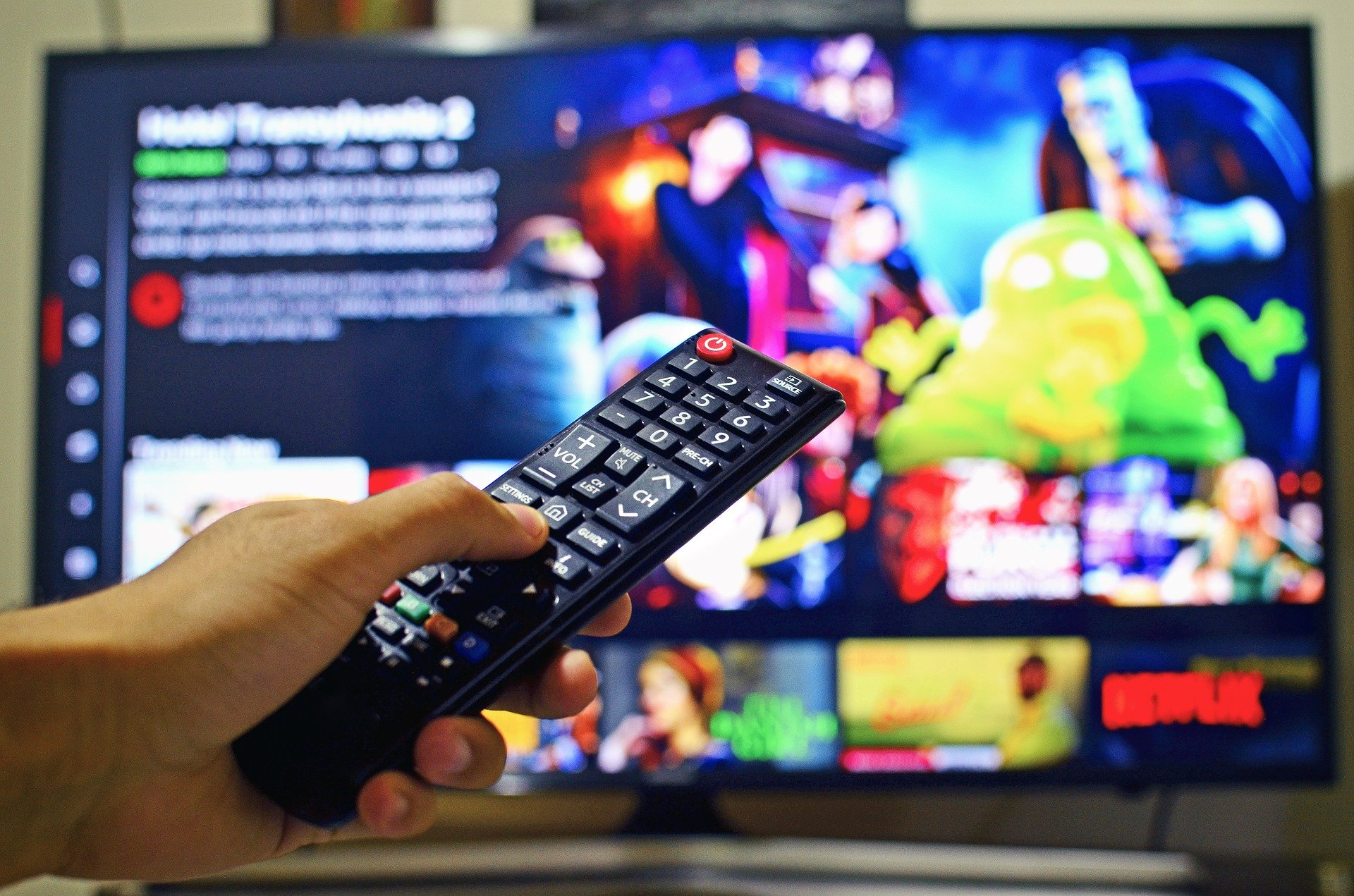By: Sarah Cavill
Source: Insights.DigitalMediaSolutions.com
Netflix and chill has turned into Netflix or Hulu or Apple TV or HBO Max and chill, and that’s just a fraction of the streaming services viewers are turning to for original content, old shows and replays of network programming. And the viewing preferences of Gen Z – short form, trendy, influencer-heavy – have led to even further fragmentation of streaming. What does it all mean for the future of cable and broadcast TV?
The Diversity Of Original Content On Streaming Is Pulling Viewers Away From Cable And Broadcast TV
Roku, the hardware and software company that allows viewers to create entertainment hubs for all their streaming subscriptions, recently reported its Q4 2019 results. Touting Roku’s 52% year-over-year (YOY) growth and increase of 16.3 billion streaming hours, the company informed investors the next 10 years will be the “streaming decade.” Clearly, big changes are on the horizon for traditional TV-watching.
According to Roku, “Millions of consumers, the biggest names in media, leading advertisers and global TV brands are embracing streaming. Moreover, new services and the growing investment in original programming that is exclusive to streaming are enriching the OTT experience. This is driving more viewers to spend more time streaming and less time in traditional pay TV, and many consumers are leaving the legacy pay TV ecosystem entirely. We predict that by 2024 roughly half of all U.S. TV households will have cut the cord or never had traditional pay TV.”
Gen Z Viewing Habits Don’t Include Traditional TV Watching
The influence of younger generations on changing viewing habits cannot be underestimated. Raised entirely with YouTube and apps like Vine, Gen Z are native tech users that are also creators, and Gen Z puts a lot of faith in other creators also, often choosing to spend their “TV time” with real-life influencers or vloggers.
According to Social Media Today, 85% of teens now consume content on YouTube, “while the average time kids spend watching online videos has doubled in the last four years.” Additionally, Snapchat’s original Discover content increased viewership 40% YOY and, of course, the streaming story of 2019/20 is TikTok, which has more than 800 million monthly active users (MAUs).
How Can Brands Reach Cord-Cutters And Younger Viewers?
Shutterstock_667979155 Paris, France – June 05, 2017 : YouTube website home page. YouTube is a video-sharing website, created by three former PayPal employees and owned by Google since late 2006.
Among Gen Z, vloggers and influencers are considered more trusted than sports stars and celebrities. Gen Z can be very dismissive of traditional advertising methods, so for brands that want to reach this particular demographic, connecting with vloggers and influencers who are meaningful to younger watchers can be an effective strategy.
As streaming apps develop more “purpose-created” content aligned with how audiences watch (mobile, sometimes vertically), brands should create campaigns that can also be seen that way, instead of repurposed from traditional outlets. From Social Media Today, “Gen Zers are keenly aware when they are being sold to, so content bombarded with cold marketing and logos is going to fail with this generation. Additionally, Gen Z is turning to video content to decompress and to find a release from the increased social pressures and competition they’re facing.” Brands looking to connect with viewers who prefer streaming need to recognize the trends of native tech users and the move away from cable, as content moves into the “streaming decade.”
Are You Looking For Innovative Ways To Resonate With Audiences?
Digital Media Solutions® (DMS) builds dynamic, people-based marketing campaigns developed and optimized for conversion performance and leveraged to help brands create and launch multi-channel strategies that deliver the right message at the right time.


